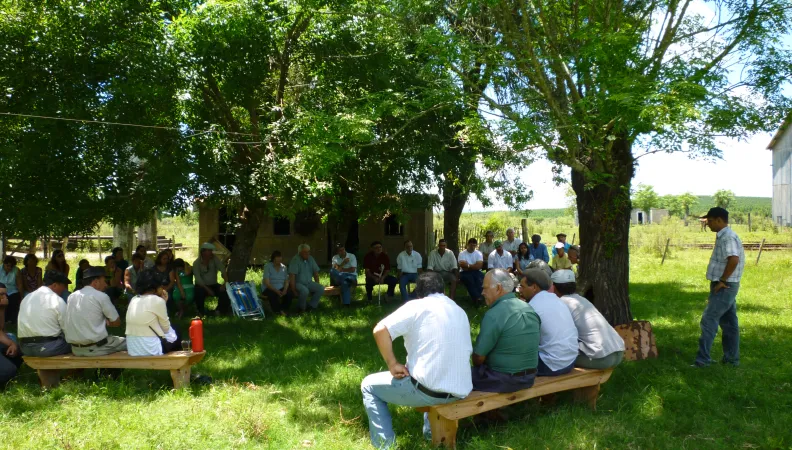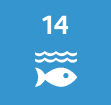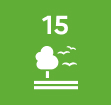Share the page
Developing sustainable modes of production and consumption in the Uruguayan Protected Areas (SNAP)
Project


-
Project start date
-
Status
Completed
-
Estimated date of project termination
-
-
Project financing date
-
-
Financing duration
-
4 ans
-
Type of program
-
FFEM
-
Global financing amount
-
€ 8 703 000
-
FFEM financing amount
-
€ 1 000 000
-
Project lead member institution(s)
-
Ministry for Europe and Foreign Affairs
-
Location
-
Montevideo
-
Type of financing
-
Partners
-
MINTUR, UNDP
-
Beneficiaries
-
République Orientale de l’Uruguay
-
Type of beneficiary
-
State



Adopt sustainable modes of production and consumption in protected areas and adjacent territories, by strengthening quality chains that contribute to the protection of natural and cultural heritage, Improve the economic performance of sectors and living conditions of inhabitants, and strengthen the governance of territories.
Context
Uruguay has a complex mosaic of both terrestrial and marine ecosystems. Much of this biodiversity is of global importance, especially the coastal lagoons and the natural grasslands or “Uruguayan savannas” which cover more than 60% of the territory. These savannas are considered one of the richest regions in the world for grass species and provide many ecosystem services, including regulating the Guarani aquifer, one of the largest reservoirs of groundwater in the world.
The project concerns three sectors with direct impacts on the environment: beef production, tourism and lagoon fishing.
Description
The program is structured in three components:
- For the development of the overall strategy, SNAP, with the support of French experts, promotes strategic reflection with its institutional partners and local governments who are key players in the governance of the natural parks of tomorrow. The strategy provides, where appropriate, for quality signs (brand, certification, etc.) and the most suitable incentive tools.
- The strategy is being implemented at three pilot sites across the country to strengthen and sustain small-scale fisheries, rural tourism and meat production. This work is based on strengthening the networks of actors, supporting the structuring of sectors, supporting innovation in beef production, fishery products or tourism offer in rural areas, the promotion, establishment of quality signs and dissemination of innovations to stimulate demand, training of actors, etc.
- An important effort in terms of dissemination of results and replication of the project is ensured at both regional and international levels. Two workshops for exchange between managers of protected areas on sustainable pathways and natural parks are organized during the project.
Impacts
- The development of a national strategy by SNAP and its partners for sustainable tourism, beef production and lagoon fishing in the country’s protected areas and future natural parks.
- The implementation of sustainable supply chains in pilot sites is visible through a range of services and products that values the origin of products, sustainable practices adopted and/or protected heritage attributes.
- Ensure a balance between economic development and environmental preservation and the improvement of local living conditions.
- The experiences from the project are disseminated and replicated throughout the country’s network of protected areas.
- Strengthening territorial governance.
Sustainable Development Goals
ODD12 Responsible consumption and production

ODD14 Life below water

ODD15 Life on land



